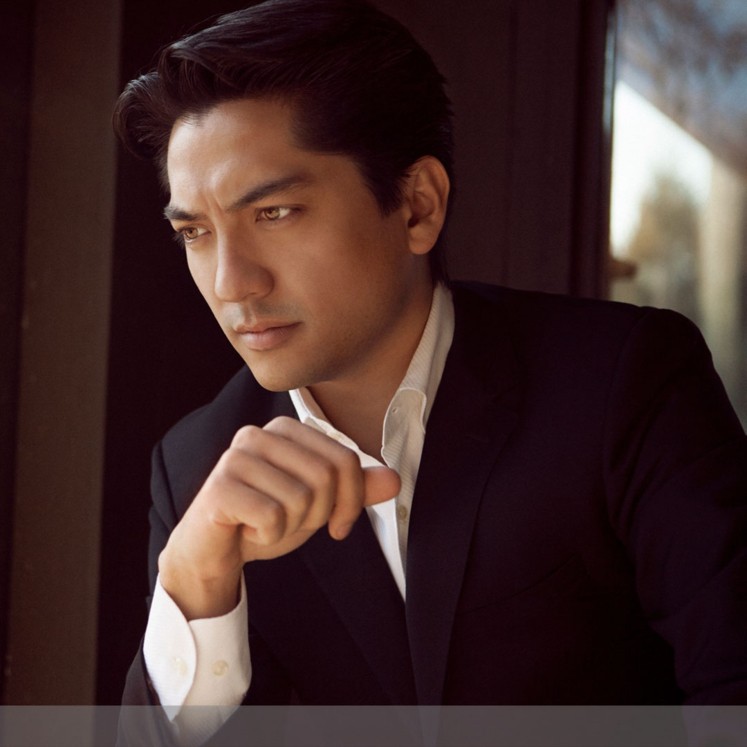
„This art need fear no ephemeral fashions, no prevailing taste, since it stands outside of time and the tide of taste, which sweeps only the glossy creations of the moment into the abyss of oblivion.“ It was in these words that Richard Wetz praised his composer-idol Anton Bruckner in his book Anton Bruckner, sein Leben und Schaffen (his life and works), published in 1922. Perhaps more than any of his contemporaries Wetz succeeded in establishing with his music an immediate link to the tonal language of Bruckner. Wetz's admiration for the opulently devout grandeur of Bruckner's sacred works is persuasively demonstrated by the juxtaposition of his monumental Requiem in B minor with Bruckner's exuberant and joyful setting of the Old Testament Psalm 150. Arvo Pärt's elegaic Cantus in memoriam Benjamin Britten, which was composed in the Tintinnabuli style he developed, functions as a musical bridge between these two works.
The Prague Philharmonic Choir and the PKF - Prague Philharmonia under their conductor Eugene Tzigane will trace the connections – some obvious, some subliminal – between the three composers, whose similarities are underlined by their individuality within the artistic currents of their time.
Anton Bruckner (1824–1896)
Psalm 150 in C major for Soprano, mixed Choir and Orchestra, WAB 38 (1892)
Arvo Pärt (* 1935)
Cantus in memoriam Benjamin Britten for String Orchestra and Bell (1977, rev. 1980)
Richard Wetz (1875–1935)
Requiem in B minor for Soprano, Baritone, mixed Choir and Orchestra, op. 50 (1923–25)
Claudia Barainsky | Soprano
Nikolay Borchev | Baritone
Prague Philharmonic Choir
PKF – Prague Philharmonia
Eugene Tzigane | Conductor